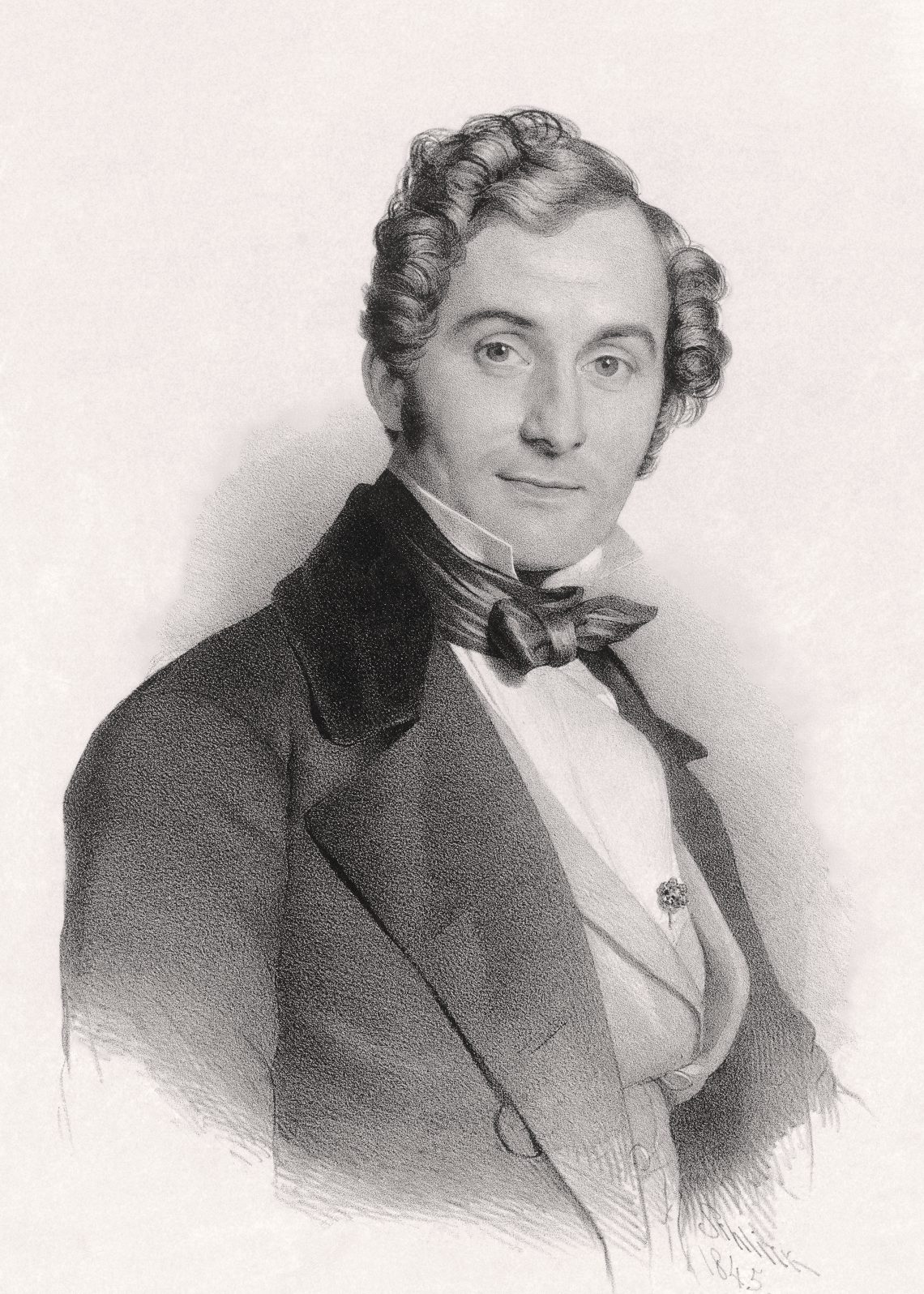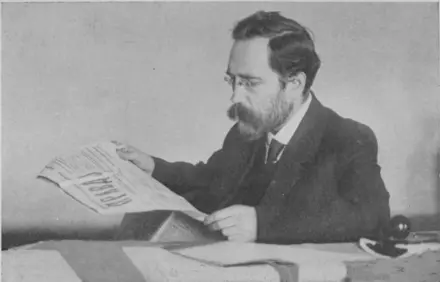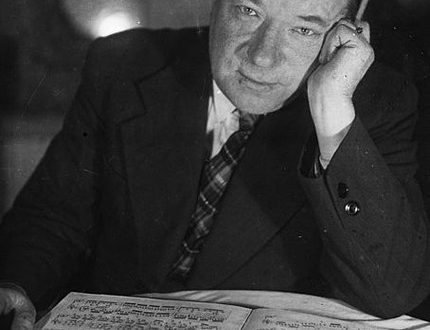
Albert Lortzing |
Contents
Albert Lortzing
Born October 23, 1801 in Berlin. His parents were actors of traveling opera troupes. The incessant nomadic life did not give the future composer the opportunity to receive a systematic musical education, and he remained a talented self-taught until the end of his days. Closely associated with the theater from a young age, Lorzing performed in children’s roles, and then performed the parts of the tenor buffo in many operas. From 1833 he became Kapellmeister of the Opera House in Leipzig, and subsequently worked as Kapellmeister of Opera in Vienna and Berlin.
Rich practical experience, good knowledge of the stage, close acquaintance with the opera repertoire contributed to the success of Lorzing as an opera composer. In 1828, he created his first opera, Ali, Pasha of Janina, staged in Cologne. His comic operas imbued with bright folk humor brought wide fame to Lorzing, these are Two Arrows (1835), The Tsar and the Carpenter (1837), The Gunsmith (1846) and others. In addition, Lorzing wrote the romantic opera Ondine (1845) – based on the plot of the short story by F. Mott-Fouquet, translated by V. A. Zhukovsky and used by P. I. Tchaikovsky to create his early opera of the same name.
Lorzing’s comic operas are distinguished by sincere, spontaneous fun, they are scenic, entertaining, their music is replete with easy-to-remember melodies. All this won them popularity among a wide range of listeners. The best of Lortzing’s operas – “The Tsar and the Carpenter”, “The Gunsmith” – still do not leave the repertoire of musical theaters in Europe.
Albert Lorzing, who set himself the task of democratizing German opera, continued the traditions of the old German Singspiel. The realistic-everyday content of his operas is free from fantastic elements. Some of the works are based on scenes from the life of artisans and peasants (Two Riflemen, 1837; Gunsmith, 1846), while others reflect the idea of the liberation struggle (The Pole and His Son, 1832; Andreas Hofer, post. 1887 ). In the operas Hans Sax (1840) and Scenes from the Life of Mozart (1832), Lorzing promoted the achievements of national culture. The plot of the opera The Tsar and the Carpenter (1837) is borrowed from the biography of Peter I.
Lorzing’s musical and dramatic manner is characterized by clarity and grace. Cheerful, melodious music, close to folk art, made his operas more accessible. But at the same time, Lorzing’s art is distinguished by lightness and lack of artistic innovation.
Albert Lorzing died on January 21, 1851 in Berlin.
Compositions:
operas (performance dates) – The Treasury of the Incas (Die Schatzkammer des Ynka, op. 1836), The Tsar and the Carpenter (1837), Caramo, or Spear Fishing (Caramo, oder das Fischerstechen, 1839), Hans Sachs (1840), Casanova (1841 ), The Poacher, or the Voice of Nature (Der Wildschütz oder Die Stimme der Natur, 1842), Ondine (1845), The Gunsmith (1846), To the Grand Admiral (Zum Grossadmiral, 1847), Rolland’s Squires (Die Rolands Knappen, 1849), Opera rehearsal (Die Opernprobe, 1851); zingspili – Four sentries at the post (Vier Schildwachen aut einem Posten, 1828), Pole and his child (Der Pole und sein Kind, 1832), Christmas Eve (Der Weihnachtsabend, 1832), Scenes from the life of Mozart (Scenen aus Mozarts Leben, 1832), Andreas Hofer (1832); for choir and voices with orchestra – oratorio Ascension of Christ (Die Himmelfahrt Jesu Christi, 1828), Anniversary Cantata (on verses by F. Schiller, 1841); choirs, including solo songs dedicated to the Revolution of 1848; music for dramatic performances.





